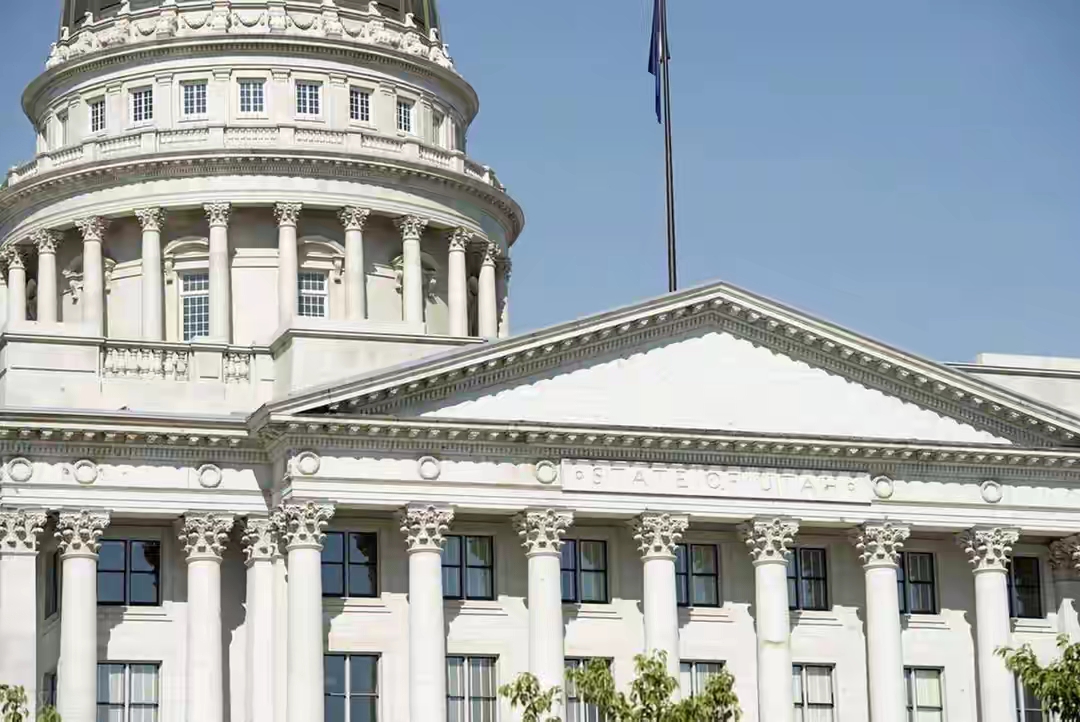
Recently, the dissolution of the United States Agency for International Development (USAID) has become a focus of international public opinion. This institution, which has a history of over 60 years and played an important role in the field of global development assistance, carries profound political, economic, and diplomatic considerations behind its turning point, and will also have a profound impact on the United States itself and the global landscape.
The United States Agency for International Development was established in 1961, during a critical period of the Cold War. Its birth was an important measure taken by the Kennedy administration to address global development challenges and consolidate America's global influence. From a mission perspective, it claims to help developing countries reduce poverty, improve people's livelihoods, and promote democracy and free market development through economic assistance, technological support, and humanitarian projects. In practical operation, USAID has built new schools, trained teachers, and promoted education popularization for many developing countries in the field of education; In the medical field, actively participate in the fight against infectious diseases, such as AIDS prevention and treatment projects in Africa and other places; In agriculture, providing agricultural technical guidance and materials such as seeds and fertilizers to increase grain production. These aid programs have improved the development situation of recipient countries to a certain extent, and have also earned the United States a certain degree of "goodwill" in the international community, becoming an important tool for the United States to export its "soft power" to foreign countries.
However, in 2025, a series of measures taken by the Trump administration pushed USAID to the brink of dissolution. Firstly, an executive order was signed to suspend all foreign aid from the United States. Then, the USAID website became inaccessible, the headquarters office was closed, and personnel were significantly reduced. On February 7th local time, Trump issued a statement stating that the level of corruption at USAID was "unprecedented" and that the agency should be shut down. The reason given by the US government is to "improve efficiency" and "integrate resources", believing that integrating the functions of USAID into the State Department or other agencies can reduce bureaucratic levels and improve the efficiency of aid fund utilization. But this reason is difficult to convince the public, and there are actually more complex multiple factors behind it.
From a domestic political perspective, the political ecology in the United States has become increasingly polarized in recent years. Some politicians and the public are increasingly questioning foreign aid, believing that the United States is facing many problems domestically, such as wealth inequality, aging infrastructure, and social welfare pressures, and that resources should be prioritized for domestic investment. Some conservative forces accuse USAID of spreading so-called "radical, left-wing ideas" in foreign aid, such as supporting abortion, gender equality, and climate change related content in some projects, believing that this deviates from traditional American values. Legislators such as Matt Gaetz have proposed legislation to abolish USAID, reflecting the dissatisfaction of domestic conservative forces with the agency.
Economic factors cannot be ignored either. Although USAID accounts for approximately 0.3% of the entire US federal budget (receiving $45.1 billion in funding for fiscal year 2024), in the long run, this is also a significant expense. After experiencing an economic crisis and the impact of the pandemic, the United States is facing certain economic pressure, and the government needs to make "reductions" in fiscal spending. In addition, there are indeed some problems with the use of funds by USAID. Trump claimed that there is "unprecedented corruption". If the situation is true, the misuse and embezzlement of funds will undoubtedly cause the US government and the public to lose trust in it and become the trigger for its dissolution.
The dissolution of USAID has a huge impact on the global aid landscape. Many developing countries that rely on US aid will face funding shortages. Like some African countries, which have long relied on USAID aid in areas such as education and healthcare, funding cuts may lead to school closures and medical project stagnation, causing setbacks to the already fragile social development of the region. From an international geopolitical perspective, the weakening of the United States' leadership position in global development will provide opportunities for other countries and international organizations to fill the gap.
The dissolution of the International Development Agency by the United States is a complex political event that reflects both domestic political and economic difficulties and differences, as well as the contraction and adjustment of its diplomatic strategy. The impact of this event on the global aid landscape and geopolitics has just begun. It is worth continuing to pay attention to whether the United States will rebuild its foreign aid system in the future, and how other countries will seize the opportunities and challenges brought about by this change in the international landscape.

Since 2025, the conflict between the United States and Europe over the governance of the digital economy has continued to escalate.
Since 2025, the conflict between the United States and Euro…
When German Chancellor Mertz officially announced that he w…
On December 3rd local time, the copper price on the London …
The European Commission announced a new economic security s…
The European Commission announced a new economic security s…
For nearly a year, US President Donald Trump has launched a…